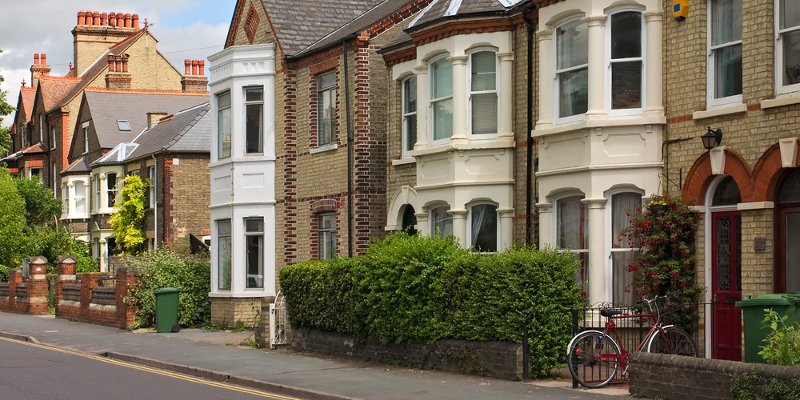Monthly or ad-hoc payments can be made to either pay off some or all of the interest on the loan or up to 10% of the original loan amount.

One in three (35%) OneFamily lifetime mortgage customers now make interest payments on their loan, protecting or increasing the capital left in their property.
Monthly or ad-hoc payments can be made to either pay off some or all of the interest on the loan or up to 10% of the original loan amount.
Nici Audhlam-Gardiner, managing director of lifetime mortgages, said: “Homeowners are increasingly realising that compound interest is a choice when it comes to lifetime mortgages.
“The rise in the flexibility of the types of mortgages available has created a change in the way that homeowners are using the loans and giving them more options for what to use the money for and when.
“Our products attract homeowners who still have a regular income from pensions or other savings but would like a lump sum for a project such as home improvements or to buy themselves a property overseas to enjoy during retirement.
“Lifetime mortgages are also commonly used to give younger family members a helping hand onto the property ladder.
“As people live longer, inheritance is now passing down much later in life, which may mean when people reach financial milestones such as buying a first home, they are many years from receiving any kind of inheritance.
“Lifetime mortgages can help address this gap and share existing wealth across the generations.
“In cases where the money is being passed on, the homeowner can come to agreement with their children or grandchildren whereby they pay the interest but by having a substantial deposit have a smaller mortgage themselves.”
The payments are usually made by the homeowner, but in some cases, an agreement is made where interest is paid by younger family members that have benefited from a lump sum from their older relations to buy a property.
Increasingly large numbers of homeowners with a lifetime mortgage are making monthly payments on their loan. This means that the interest doesn’t roll up, as with traditional equity release plans, and the remaining capital in the property is protected.
A third (32%) of the lifetime mortgages held with OneFamily have either up to 100% of the monthly interest paid, or over the course of a year, up to 10% of the initial loan amount.
For those paying 10% of the initial loan amount off, they will see the capital increase in their property over time similarly to a traditional mortgage.
One of the biggest homeowners concerns about equity release is not leaving an inheritance to younger relatives, however by paying interest over-55s can protect what they leave behind or with some cases give the inheritance when it may be needed most.



